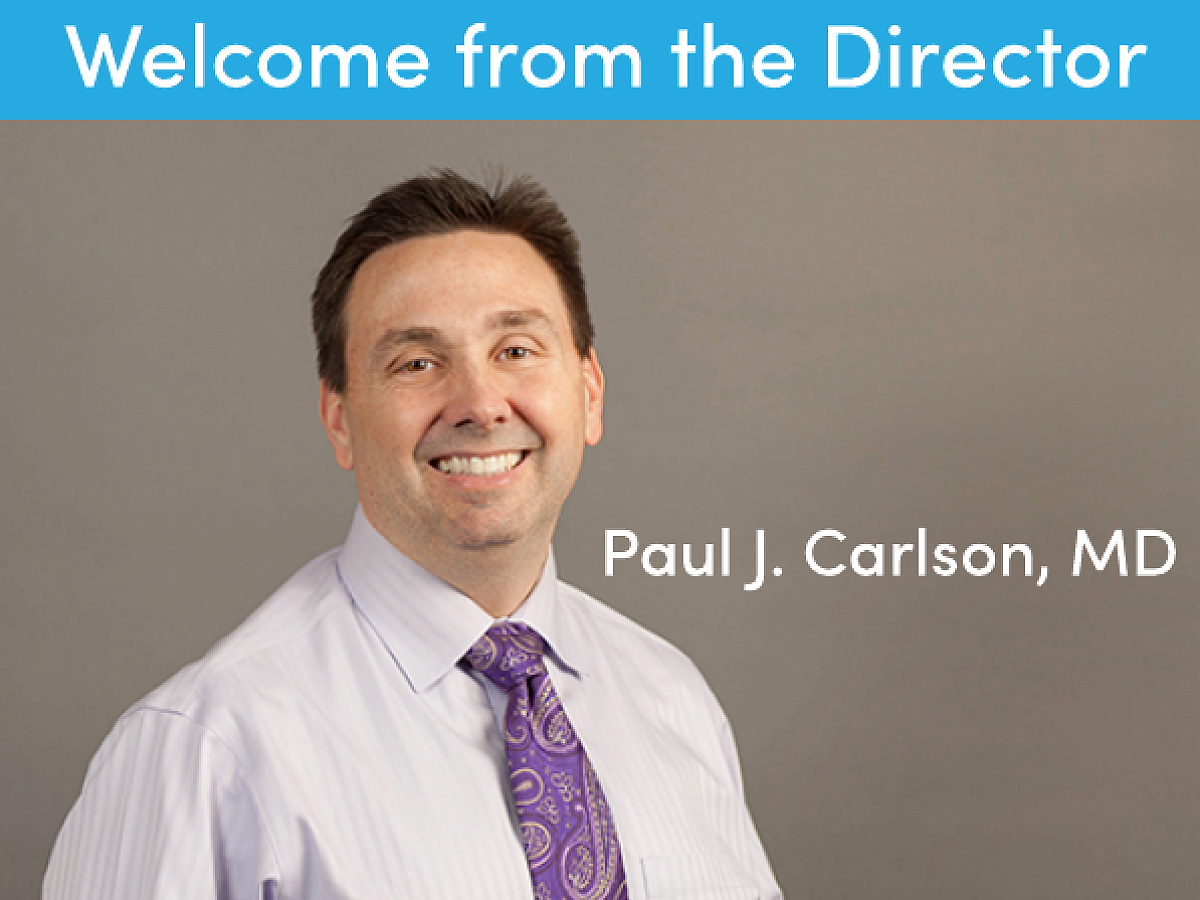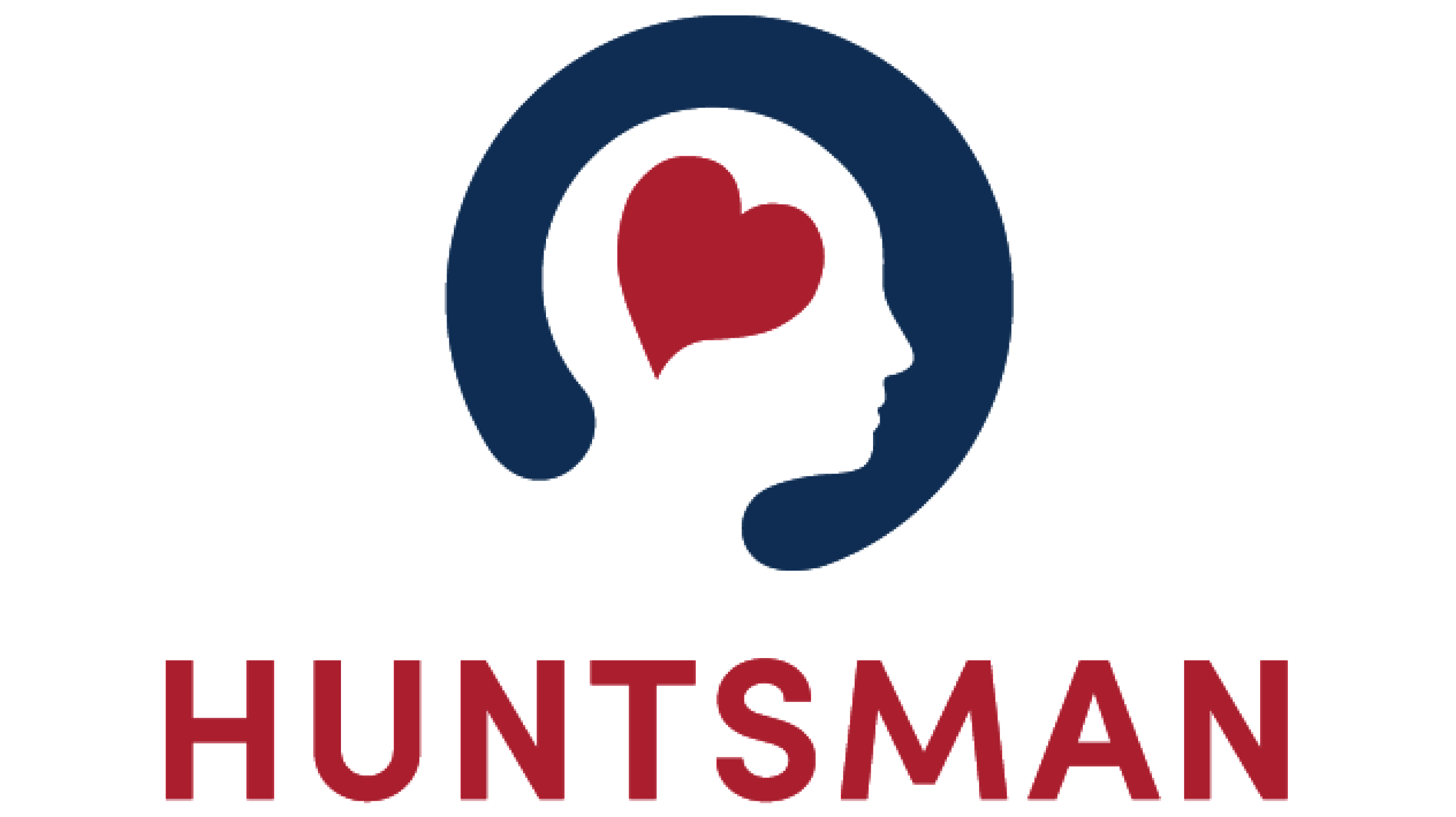
Psychotherapy Training
Training in psychotherapy is designed to be a rich, personalized and impactful experience for our residents. In their time with us, residents grow as psychotherapists through thoughtfully designed curricula, first-hand clinical experience and meaningful supervision.
Early in their training, residents meet individually with the psychotherapy training director, Dr. Lundberg, for Psychotherapy Mapping. This is an opportunity for residents to flesh out their interests in psychotherapy and discuss how the program can best support their learning priorities. Residents continue to have opportunities to meet with Dr. Lundberg frequently throughout their residency to refine their interests and secure commensurate experiences.
PGY1 Psychotherapy Training
Our formal psychotherapy teaching curriculum begins in the PGY1 year with a six month interviewing course. This course focuses on the basic principles of empathetic engagement, rapport development and clinician genuineness, that allow for alliance with patients. Additionally, there is a supportive psychotherapy course in which each PGY1 observes a supportive psychotherapy session and then is observed providing supportive psychotherapy to a patient. This allows the resident to ask questions and receive personalized feedback.
PGY2 Psychotherapy Training
The PGY2 psychotherapy curriculum expands its focus to different modalities. A year long course begins with the teaching of mindfulness and interpersonal therapy, then continues with psychodynamic psychotherapy, and other primary modalities including CBT, DBT and ACT. Meanwhile, residents have the opportunity to observe experienced psychologists interview patients and formulate cases. Residents take on a minimum of one individual therapy patient, who they see during one hour of protected time, weekly for eight months. They are supervised regularly in small groups where they learn from each others’ cases as well as receive individualized feedback on their own case. Residents also co-lead approximately three in-patient therapy groups that have a foundation in the teaching of Irvin Yalom, the founder of process group psychotherapy.
Residents are encouraged— but not required— to complete one or more years of personal psychotherapy with their own therapist. A list of individuals willing to provide psychotherapy is provided, most of which are free-of-charge for residents.
Senior Psychotherapy Training
The PGY3-PGY4 curriculum operates on an every other year seminar schedule with more advanced topics in psychotherapy. In year one, residents focus on CBT, couples therapy, and motivational interviewing. They take a research seminar which explores psychotherapy from an EBM perspective.
Residents in their PGY3-PGY4 years are expected to see 1-2 weekly therapy patients in their clinics. Residents receive one-on-one supervision which allows for truly in depth discussion of the resident’s cases in addition to fostering growth, knowledge and skill in the psychotherapy modality(ies) that the resident is most interested in. For residents that are interested in more practice with psychotherapy, there are a number of well-supervised psychotherapy electives including advanced motivational interviewing, providing psychotherapy to medical students, various therapeutic groups (adult DBT, child DBT, and process groups), PTSD psychotherapy at the VA (will focus on CPT or PE, depending on the supervisor), and personalized electives. Overall, psychotherapy training at the University of Utah is aimed at being comprehensive and longitudinal in addition to being flexible to resident interests.
Support Healthy Minds, Give Today
Please help the Department of Psychiatry to expand our clinical care, research and academic programs. Donate here!

